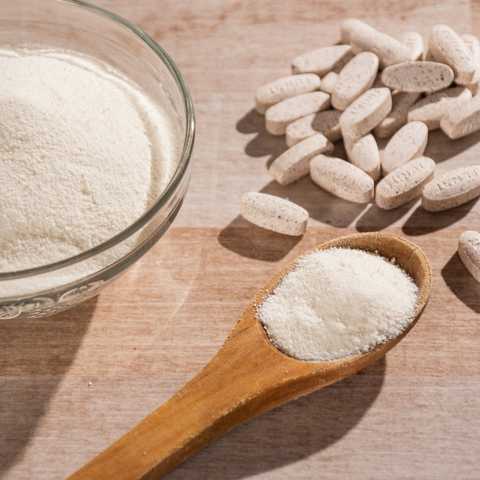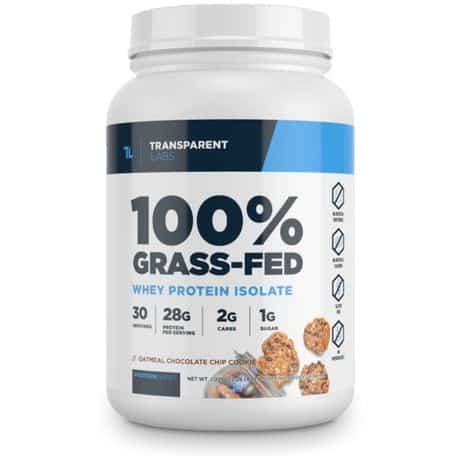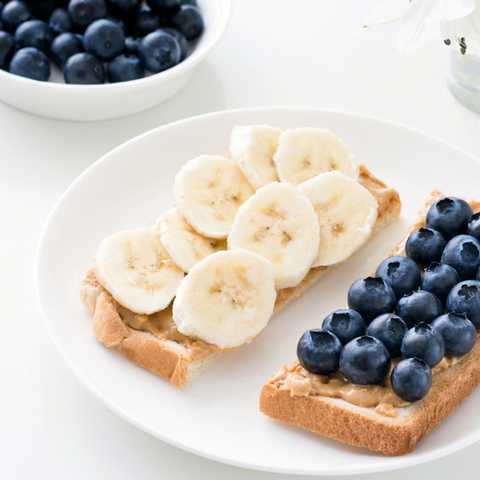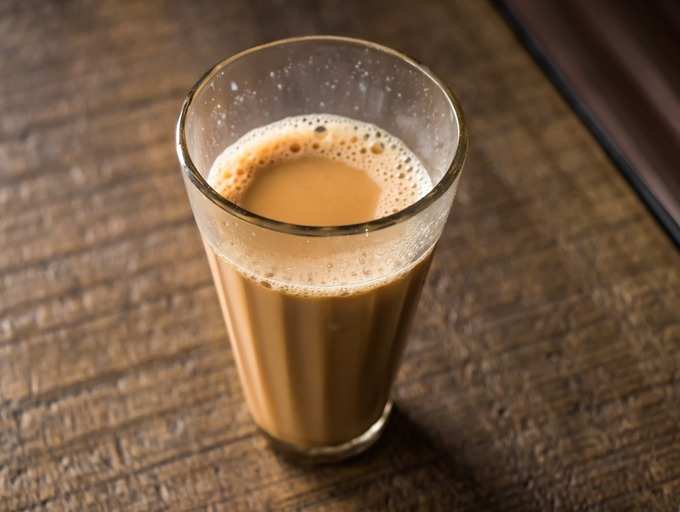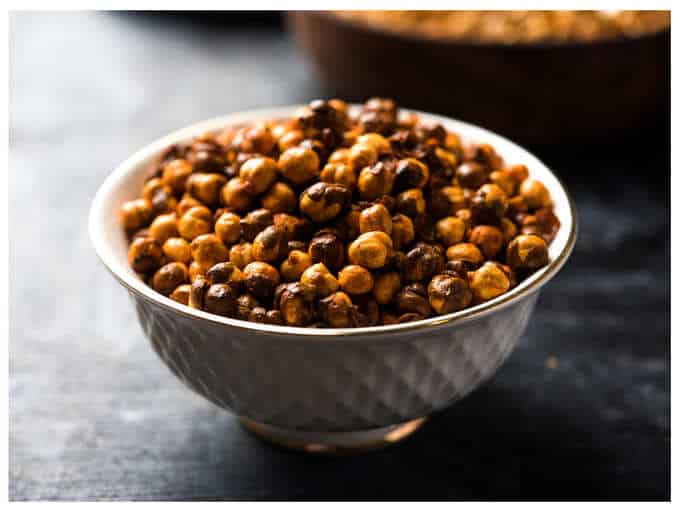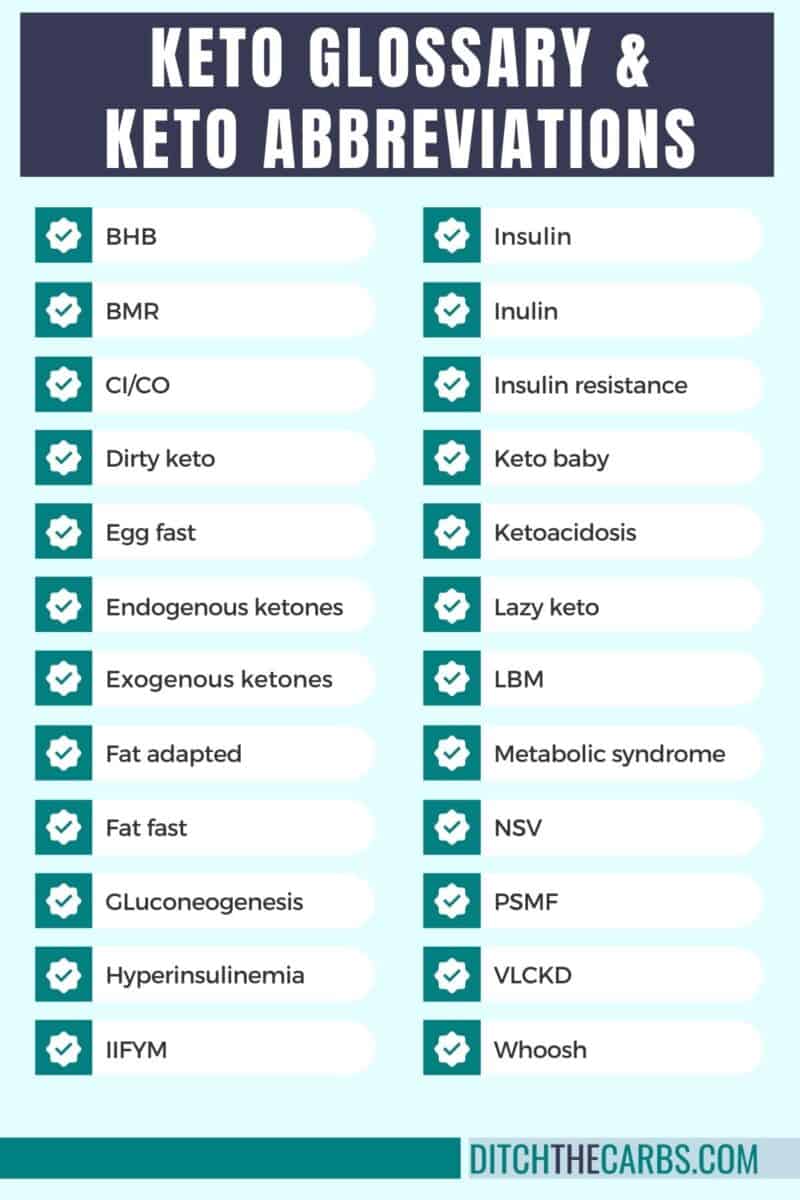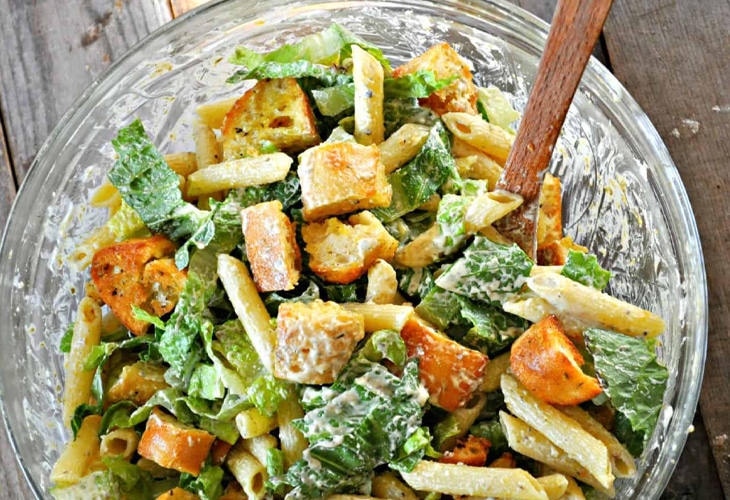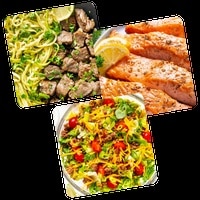But if something sounds too good to be true, it often is, and we guarantee there’s no pill that will make up for a poor diet and no exercise.
Now, this doesn’t necessarily mean fat burners don’t work. They do, at least for some people, but just not in the dramatic way that we discussed above. Don’t worry – we’re about to discuss it all in detail.
Table of Contents:
- What Are Fat Burners?
- Do Fat Burners Actually Burn Fat?
- Do Fat Burners Work?
- Common Fat Burner Ingredients
- Does Research Show That Fat Burners Work?
- The Most Effective Fat Burners
- Who Shouldn’t Use Fat Burners
- Who Should Use Fat Burners
- Fat Burner Final Takeaways

What Are Fat Burners?
Before we kick-start the discussion on whether fat burners work, it’s important to first cover what fat burners are. Fat burners is an umbrella term for a type of dietary supplement that’s primary purpose is to help you lose weight.
Fat burning supplements do this by artificially altering your body’s internal systems to burn more calories.
This can occur several ways, including:
- Promoting thermogenesis, the raising of your internal body temperature.
- Stimulating the central nervous system, which can increase energy expenditure.
- Increasing metabolic rate, which increases calories burned.
- Increasing fat metabolism or lipolysis, the catabolic process of breaking down fat.
Fat burners accomplish this by using combinations of both natural and artificial compounds.
Do Fat Burners Actually Burn Fat?
When answering the question, “do fat burners actually work?” let’s begin by clarifying what we mean. While they’re called fat burners, think of that as more of a marketing strategy, as that’s not necessarily what they do.
Sure, lipolysis can help break down fat, and raising internal body temperature equals more calories burned, but that’s not necessarily burning fat.
Even if a fat burner does burn fat, it’s not useful if new fat replaces it. Therefore, when we talk about the effectiveness of fat burners, we’re really talking about whether they help with weight loss.
So, do they? Let’s find out.
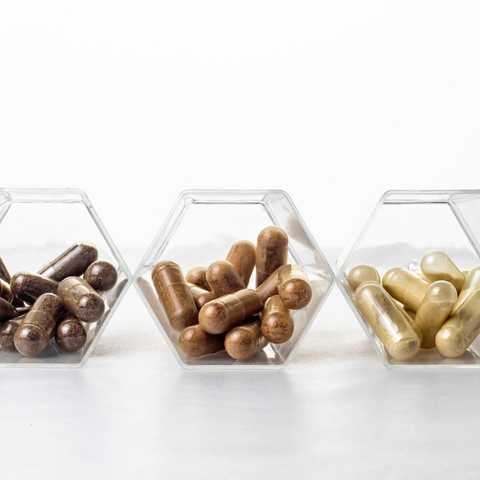
Do Fat Burners Work?
Remember, when talking about whether fat burners work, the more accurate question is: Can they help you lose weight? In short, they can if you have the right expectations and follow a healthy diet and exercise. Fat burners are able to provide a small weight loss boost, but they’re not a magical pill that’s going to reverse a junk food-filled diet.
If you take a fat burner but eat poorly and are relatively sedentary, weight gain is very likely. Alternatively, if you’re following a cutting workout and diet plan or simply have good nutrition and exercise habits in place, a fat burning pill will likely boost your weight loss efforts.
Let’s dig into this more. We’re about to look at some common fat burner ingredients, in addition to examining what research says about fat burners’ effectiveness.
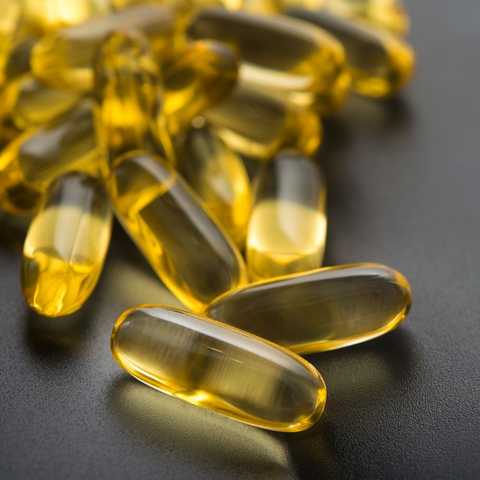
Common Fat Burner Ingredients
Part of answering the question “do fat burners really work?” involves looking at the ingredients that go into weight loss supplements, as this will give you a better idea of how a specific fat burner works.
Here’s a look at some of the more commonly used fat burning ingredients.
Caffeine:
Caffeine is by far one of the most popular fat-burner supplements on the market. Caffeine pills are a popular choice due to their effectiveness and low cost, and you’ll also find caffeine in many pre-workout supplements.
When caffeine is ingested, it promotes the secretion of both noradrenaline and dopamine. This can have a range of effects, including:
- More energy, focus, and intensity, which can result in more movement and energy expenditure.
- Increasing thermogenesis and metabolic rate.
- Improving lipolysis, which is the breakdown of fat.
Research shows that caffeine is beneficial for weight loss and improving body composition. A 2018 review examining two groups found that compared to the control group, the group who took caffeine lost up to 4 pounds more in 4 weeks¹.
Green Tea Extract:
Green tea has been sipped on in the East for quite a while as they believe it provides many health benefits. As its health benefits have become more known, it’s seen a dramatic rise in popularity in the West as well.
One of its benefits is it can promote weight loss and burn body fat effectively, which is why it’s added to so many fat-burning supplements.
Green tea extract contains numerous fat burning ingredients, including:
- Caffeine: Caffeine can help maintain or lose weight. As an added bonus, it can also help fuel your workout split, leading to more calories burned.
- Tea Catechins: Catechins are a type of flavan-3-ol and secondary metabolite found in plants². They possess many health benefits, such as working as an antioxidant and anti-inflammatory. Further, catechins have been found to be effective in weight management and weight loss, especially when combined with caffeine.
- Polyphenols: This is a group of powerful plant compounds that provide a host of benefits, including having anti-inflammatory perks. These have also been found to promote body fat reduction.
It even has a small amount of L-theanine, another fat burning ingredient that provides similar results as caffeine without the stimulant effects.
To summarize, green tea definitely has research to back up its claim as being an effective natural fat burner³.
Yohimbine:
Yohimbine comes from the bark of an African tree. Its original intent was to serve as a cure for erectile dysfunction since it increases blood flow⁴.
Over time, yohimbine’s usage has expanded to other areas, with fat loss being one of the more common. This is believed to be because it acts on alpha-2 receptors in fat cells.
Unlike other natural fat burners, such as caffeine and green tea, there are few studies to back up its effectiveness, and those that do exist are far less conclusive.
Other Ingredients:
It’s important to note that there are dozens of ingredients in most fat burners, meaning it’s impossible to go over all of them. And some supplements, like nighttime fat burners and non-stimulant fat burners, will include different ingredients than we mentioned above (as caffeine is certainly not going to help you get to bed at night!).
If you come across an ingredient you’re unfamiliar with, do your research. Always know what you’re taking, so you know what it does and whether it’s safe.
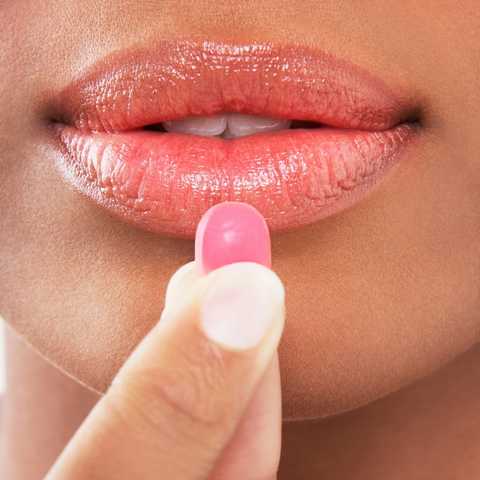
Does Research Show That Fat Burners Work?
So, after all of this, does research show that fat burners work? Interestingly, most studies show that fat burners work, at least to some extent.
But many of these tend to be “insignificant” in terms of statistics. For example, a meta-analysis from 2021 on the efficacy of fat burners concluded that diet and exercise yield greater weight loss effects than fat burning supplements⁵.
Further, while research does indicate some benefits, it’s minimal. This isn’t necessarily a bad thing, and it’s a good sign that there is some positive benefit.
It just means that phrases like “your fat will melt like butter” and “a fat-fueled furnace” are a bit over the top when discussing fat burner results. The best way to “melt off fat” is to eat in a calorie deficit, include weekly cardio, both HIIT and LISS, and strength train.
The best way to think of a fat burner is as a nice little cherry on top of an already effective exercise program and diet. They do provide some benefits, but it means far less if your controllable areas are not in a good place.
Perhaps the best question to answer is: “Do fat burners work with exercise and diet?” And if you’re pairing your healthy lifestyle with a fat burner that contains the ingredients we mentioned above, we can answer yes.
Alternatively, if you’re asking “do fat burners work without exercise and diet?” the answer is no.
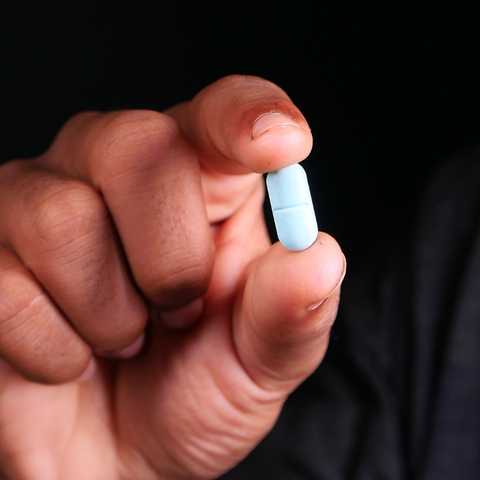
What Is The Most Effective Fat Burner?
After reviewing all of the studies and looking at research, it seems that the compounds most effective at promoting fat loss and controlling body weight are good ‘ol caffeine and green tea.
These two ingredients in fat burners provide just about every benefit you could want, including:
- Fat oxidation
- Increase energy expenditure
- Increase RMR (resting metabolic rate)
- Appetite suppressant
Further, green tea also contains a host of other unique catechins and polyphenols that provide many other health benefits. Considering all of these extra benefits, plus the studies that back up their fat-burning effects, our pick for the best fat-burners would be these two.
Research examining a fat burning supplement called Iron Cuts found that participants who regularly consumed the fat burning pill had more significant weight loss and higher energy expenditure⁶. The study concluded that the primary active ingredients were caffeine (200mg/serving) and green tea extract (proprietary blend).
An easy way to yield some additional fat burning effects would be to add green tea and/or caffeine into your daily routine. Or, look for fat burning supplements, like some of these fat burners for women, for example, in which at least one of the main ingredients is caffeine or green tea.

Who Shouldn’t Use Fat Burners
If you have a lot of weight to lose, taking a fat burner may not be the strategy for you, at least at the beginning of your journey. While you can use fat burners if you are obese, they just likely won’t have the effect you’re hoping for.
Remember, fat burning pills aren’t a cure-all. They will only help if your diet and exercise are in check.
If you do carry a large amount of excess weight, there is a lot you can do before you begin taking fat burners. You can find a good diet, like macros counting or the 80 20 rule diet, and you can focus on building muscle mass through a great workout. We have tons of great programs for you to check out, ranging from a 3-day split to a 7-day workout split!
Plus, learning these behaviors will be invaluable as they’re something you’ll continue needing throughout your weight loss (and eventually maintenance) journey.
In addition, those with any of the following should avoid fat burning supplements:
- Pregnancy
- High blood pressure
- Heart problems
- Anemic persons
- Liver problems
When in doubt, consult with your doctor first.

Who Should Use Fat Burners
So this leaves the question: Who do fat burners work well for? Basically, everyone who is not on the above lists. If you have the following characteristics, a fat burner will likely be beneficial for you.
- You are at a healthy weight and have demonstrated you have decent control over your calorie intake.
- You have successfully followed a healthy diet and exercise program for a significant amount of time.
- You have no health risks (If so, you should consult a doctor first).

Are Fat Burners Effective? Final Takeaways
Unlike many other dietary supplements, a fat burner supplement works to some degree, assuming you are doing everything else you’re supposed to.
Ignore the flashy and aggressive marketing that is often attached to fat burners. A fat burner will not turn your body into a fat-burning furnace.
But when you begin to look at fat burners as a small tool in your weight loss toolbox, you can enjoy and appreciate the role they play.
Now that you know fat burners work, check out our article on whether fat burners are safe to take!

- Tabrizi, Reza; Saneei, Parvane; Lankarani, Kamran B; Akbari, Maryam; Kolahdooz, Fariba; Esmaillzadeh, Ahmad; Nadi-Ravandi, Somayyeh; Mazoochi, Majid; Asemi, Zatollah (2018). The effects of caffeine intake on weight loss: a systematic review and dos-response meta-analysis of randomized controlled trials. Critical Reviews in Food Science and Nutrition, 1–9. doi:10.1080/10408398.2018.1507996
- Rains, T. M., Agarwal, S., & Maki, K. C. (2011). Antiobesity effects of green tea catechins: a mechanistic review. The Journal of nutritional biochemistry, 22(1), 1–7. https://doi.org/10.1016/j.jnutbio.2010.06.006
- Auvichayapat, P., Prapochanung, M., Tunkamnerdthai, O., Sripanidkulchai, B. O., Auvichayapat, N., Thinkhamrop, B., Kunhasura, S., Wongpratoom, S., Sinawat, S., & Hongprapas, P. (2008). Effectiveness of green tea on weight reduction in obese Thais: A randomized, controlled trial. Physiology & behavior, 93(3), 486–491. https://doi.org/10.1016/j.physbeh.2007.10.009
- McCarty M. F. (2002). Pre-exercise administration of yohimbine may enhance the efficacy of exercise training as a fat loss strategy by boosting lipolysis. Medical hypotheses, 58(6), 491–495. https://doi.org/10.1054/mehy.2001.1459
- Clark JE, Welch S. (2021) Comparing effectiveness of fat burners and thermogenic supplements to diet and exercise for weight loss and cardiometabolic health: Systematic review and meta-analysis. Nutrition and Health.;27(4):445-459. doi:10.1177/0260106020982362
- Campbell, B.I., Colquhoun, R.J., Zito, G. et al. The effects of a fat loss supplement on resting metabolic rate and hemodynamic variables in resistance trained males: a randomized, double-blind, placebo-controlled, cross-over trial. J Int Soc Sports Nutr 13, 14 (2016). https://doi.org/10.1186/s12970-016-0125-z


